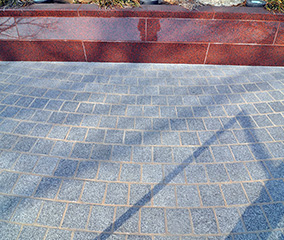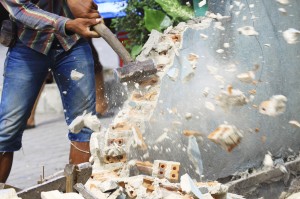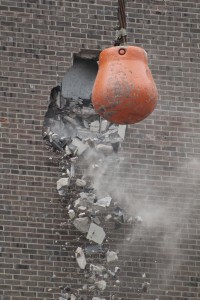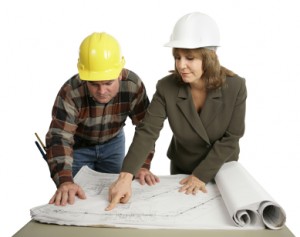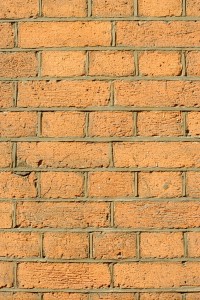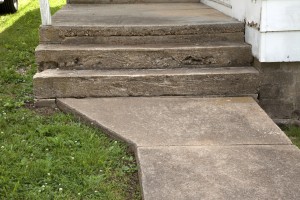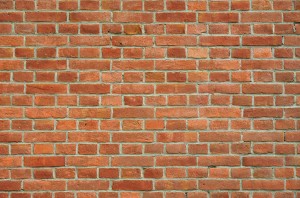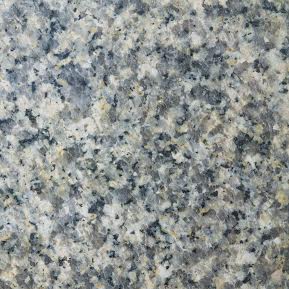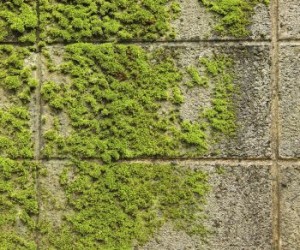
Are you worried about your foundation?
Having trouble with a building’s foundation can lead to big problems if you don’t work to fix it quickly. The worst case scenario is, of course, the collapse of your bulding or structure. This can be exceptionally dangerous to the people in the building as well as the people around the building. So, if you think that your building or masonry structure is having foundation issues, please seek help immediately. We’ve got some signs and symptoms you need to look for to make sure your building is safe. Ready? Let’s do it!
Cracks and Crumbles
They says that even one brick out of place can lead to problems down the line, so it’s essential that you keep an eye on the bricks that make up your foundation. You will probably see little cracks here and there, but those are normal. What you’re looking for is a crack that appears in a diagonal pattern. You should also keep an eye out for the ceilings that are beginning to separate from their rightful place. Having trouble with floors that slope? This could also be an issue.
Don’t Panic.
Not every little crack or crease necessarily means that your building or home is going to come crumbling down. You simply need to keep an eye on the foundation so that you can get it repaired in a timely fashion before you have any real cause for concern.
Worried about your foundation?
Call Delprete Masonry. As Maryland’s foremost experts on masonry repair, construction, and demolition, our skilled teams have what it takes to quickly and accurately assess your masonry foundation for any problems or structural weaknesses and can offer fast and affordable repairs. Your house is your most prized possession and a masonry foundation is one it’s most important systems, so why not take good care of it?
To find out more about your masonry repair options, please contact our office today at 410-683-0650 or email us at mike@delpretemasonry.com. We serve Baltimore City, County, Harford County, Carroll County, Anne Arundel County, and Howard County. Keep up with our blog for masonry related information, and follow us on Facebook, Twitter, and Google+.





























